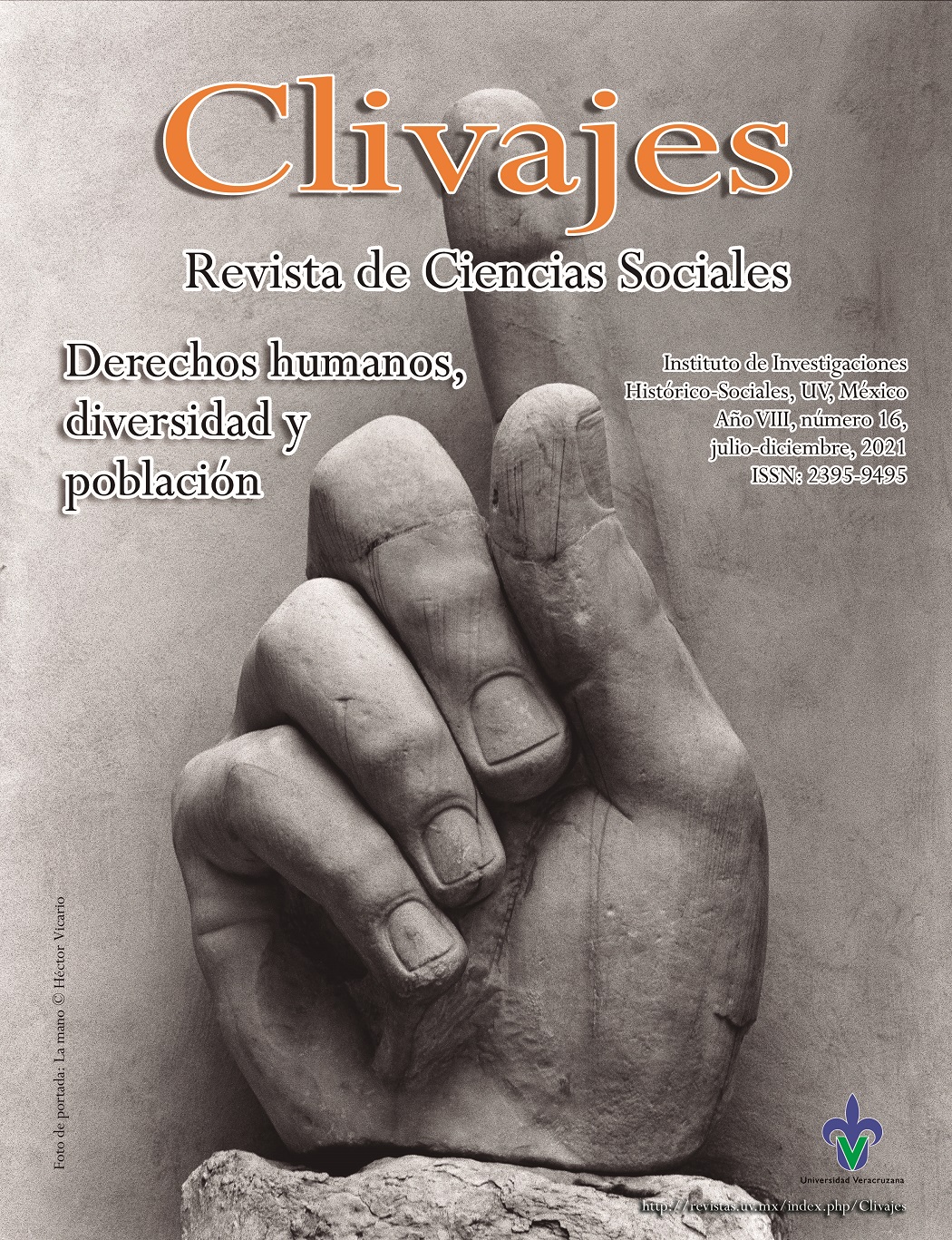Abstract
Historically, the ombudsman has been an autonomous state body whose purpose is the defense of human rights from the government, particularly from the Public Administration. Considering that this is its telos, it is -in general- a body of public law, generally elected by the legislature, to act as a supervisor of the public administration (although there are cases in which it even supervises other branches of government), with the purpose of defending the rights of citizens against possible abuses, omissions or negligence of the former. Since it is not a jurisdictional body, its resolutions lack binding force, hence it is defined as a magistracy of persuasion. Therefore, the strength of the ombudsman lies in his auctoritas, and therefore, his opinio iuris formulated through observations, reports and recommendations, have a transcendence not only legal but also in the fields of morals and public opinion. Hence, the ethical quality of its holder is socially indisputable.
Keywords: Autonomous public bodies, National Human Rights Commission, Auctoritas, Suitability of an Ombudsman, Human Rights, Non-jurisdictional defense of human rights, Mexican constitutional law

